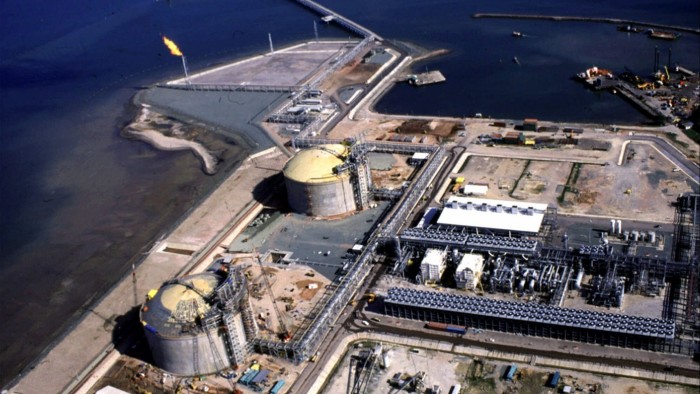US Revokes Licenses for BP and Shell Gas Projects in Venezuela
The recent decision by the U.S. government to revoke licenses for BP and Shell related to gas projects in Venezuelan waters represents a significant escalation in economic pressure on the regime of Nicolás Maduro. This move comes as Maduro faces increasing challenges to his authority following allegations of electoral fraud.
Impact on Trinidad and Tobago
The revoked licenses pertain to the Dragon and Cocuina-Manakin projects, which are joint ventures that involve Trinidad and Tobago’s National Gas Company. These projects aimed to utilize existing gas infrastructure to transport gas from Venezuela to the Atlantic LNG plant in Trinidad, a facility vital to the island’s economy.
The U.S. government’s action adds to the challenges faced by Trinidad and Tobago, where the Atlantic LNG project has experienced a significant reduction in capacity, operating at only 80% due to domestic gas shortages. Prime Minister Stuart Young confirmed the revocation of the licenses and indicated plans to appeal the decision.
Previous Licensing Context and Current Developments
The licenses were granted during the Biden administration, allowing BP and Shell to operate in Venezuela despite sanctions against the country. However, the new measures reflect a broader U.S. strategy to isolate Venezuela economically. Recently, the U.S. Treasury also withdrew operational exemptions previously granted to companies like Chevron and Repsol.
These sanctions, aimed at the Venezuelan state-owned oil company Petróleos de Venezuela, have been a part of the U.S.’s efforts to pressure Maduro to implement democratic reforms. The revocation of licenses signifies a narrowing of options for companies seeking to engage with Venezuela’s energy sector.
Responses from Venezuelan Leadership
In response to escalating sanctions, Maduro announced an “economic emergency” decree that suspends municipal tax collection and mandates the purchase of domestic goods over imports. He emphasized the need to protect various economic sectors amid this crisis, reflecting the severe pressures his government faces due to international actions.
Economic Implications of LNG for Trinidad and Tobago
The LNG sector is crucial for Trinidad and Tobago’s economy, which generated $3.6 billion from exports in 2023. The Dragon field alone possesses an estimated 4 trillion cubic feet of gas reserves. Shell envisioned commencing gas production by 2026 or 2027 to support the Atlantic LNG operations.
Francisco Monaldi, an energy expert at Rice University, remarked on the unexpected nature of the U.S. decision, suggesting that the projects should have qualified for exceptions given their potential revenue implications for Venezuela.
Conclusion
The revocation of these licenses not only complicates the future of gas development in Venezuela but also poses significant challenges for Trinidad and Tobago’s energy security. As both countries navigate this geopolitical landscape, the international community watches closely for further developments.


